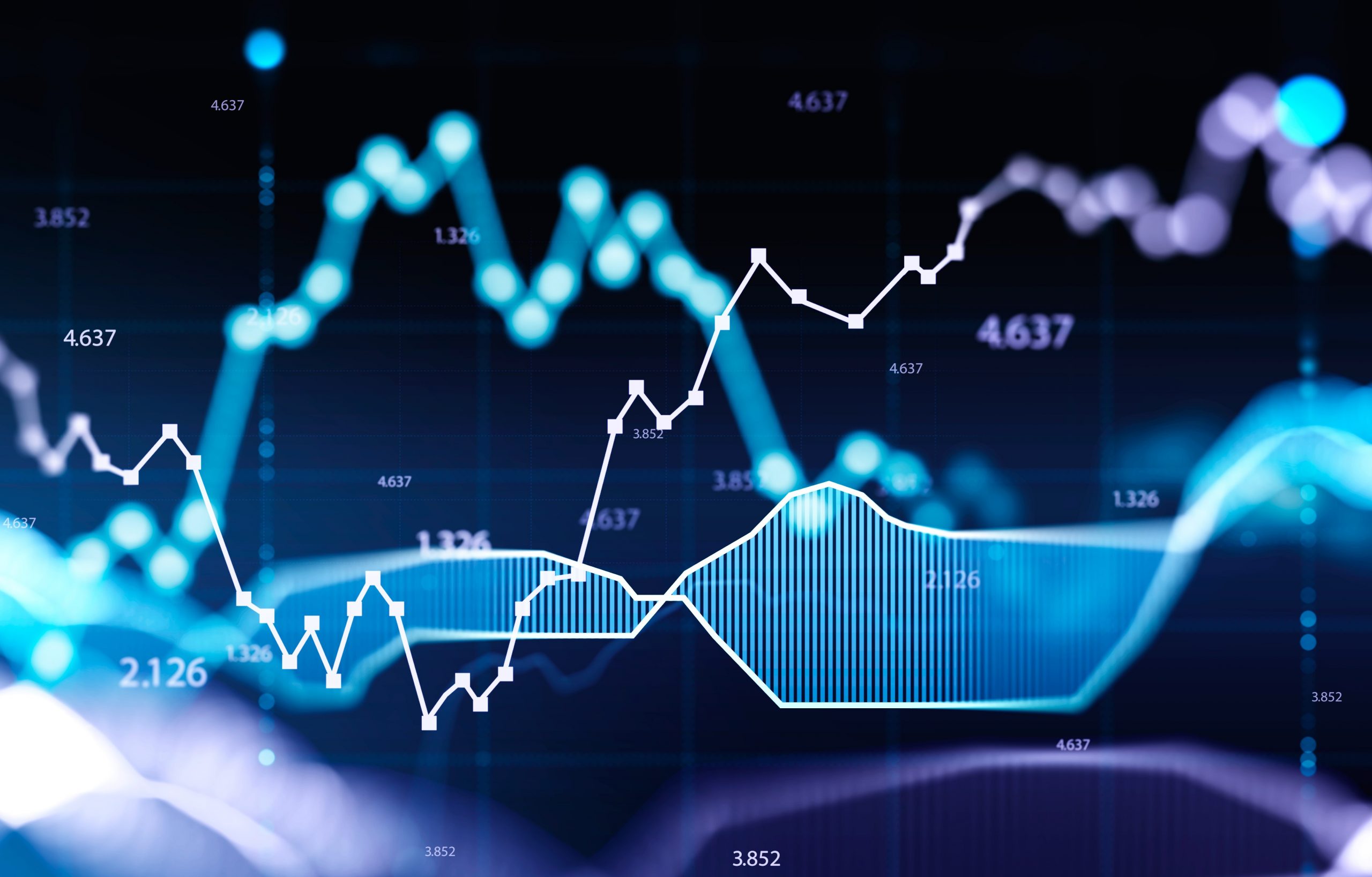The Australian share market hit a record closing high in early February, soon after US President Trump took office. The US share market recorded its highest close shortly after, as did markets in the UK and some other countries. It was expected that Trump would implement a pro-business agenda.
The wheels started to fall off soon after with Trump demanding huge tariffs and proposing tax cuts that would cause US Government debt to balloon even further. The Australian share market fell fifteen per cent to a low point in early April. Most overseas share markets also fell sharply.
Since then there has been a steady rebound. The Australian market has now fully recovered to record levels again. The US market is less than two per cent below its peak. The UK market is also very near its peak and the German index has exceeded its previous record.
Initially share markets were alarmed by Mr Trump’s huge claims on tariffs and other issues. However, in time investors began to realise his bark is worse than his bite. This theme developed into the handy acronym TACO, Trump Always Chickens Out.
When it was first publicised, there was great mirth at Mr Trump’s expense. TACO also had a serious consequence. Analysts studied Trump’s previous behaviour patterns more closely and decided TACO is actually true.
Thus Mr Trump’s actions no longer create the fear in markets they once did. When he makes another huge, unrealistic claim, investors yawn and comment they have seen this movie before. The backdown will come. Hence share markets have almost fully recovered.
Bond markets also gave Mr Trump a critical lesson. Twice when he insisted on pushing ahead with policies that would increase the huge US Government debt even further, bond investors said they will require higher interest rates to lend the money to fund those deficits.
Mr Trump was forced to back down even more quickly than he had intended. He doesn’t want to be remembered for causing a US Government credit rating cut or inducing a recession. The reality of financial markets prevailed, even over him.
A US recession now seems unlikely. A recession in Australia is even less likely. Australia is little effected by the Trump tariffs. Declining interest rates in the US, Britain, Europe and Australia are providing economic stimulus by reducing borrowing costs for consumers and businesses.
Australian company profits are expected to increase slowly over the next year. The application of artificial intelligence should help but we have a productivity handbrake. The share market probably won’t rise strongly, but nor is it likely to slump.

